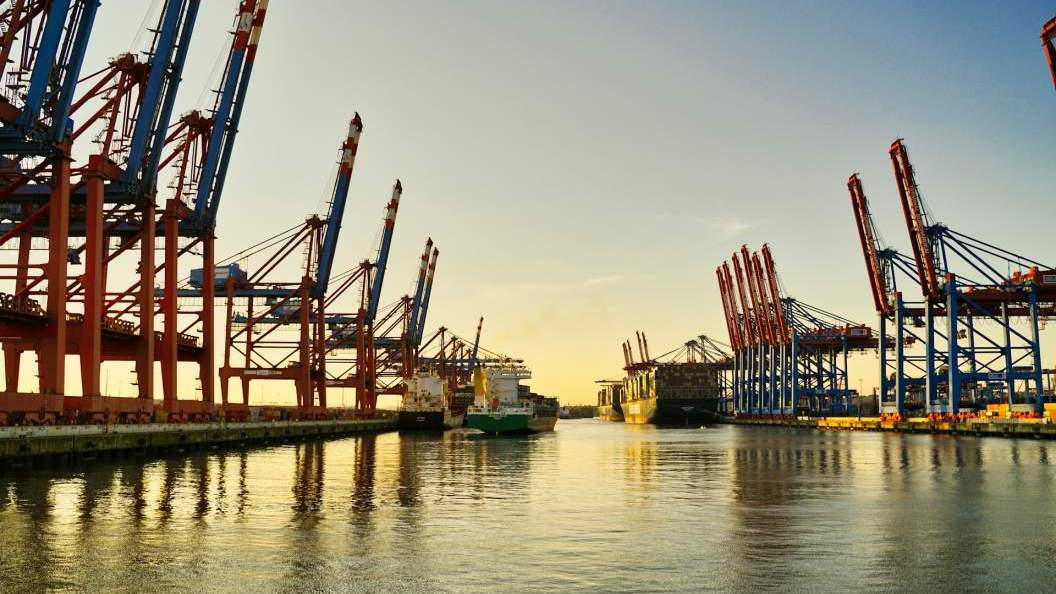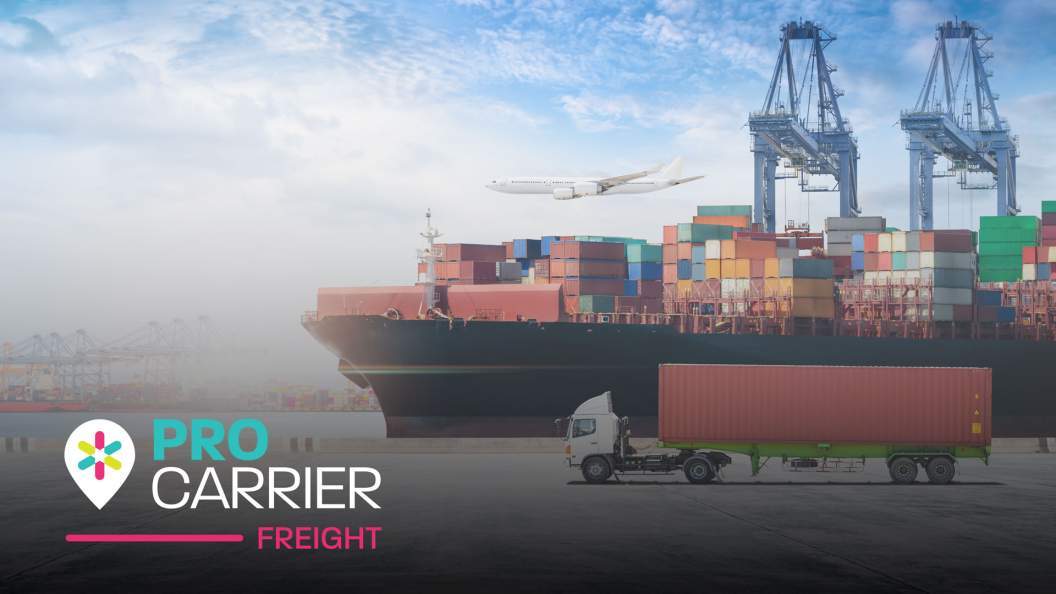What is FCL [Full Container Loads]?
The term FCL, as the name suggests, is used when the shipment fills the entire space of a container, without having to share cargo space with another consignee and is defined as full container load. These shipments are owned by one singular entity or party. FCL options are ideal for larger bulky items such as garden furniture, toys or high-value items.
What is LCL [Less Than Container Load]?
The term LCL refers to shipments that only transport a percentage of the entire container, and is shipped in combination with goods from different shippers, therefore sharing the overall container load until its arrival at the destination port. LCL is an international ISO (International Organisation for Standardisation) term; the container load contains multiple consignees or importers.
If you would like more detailed information about what LCL is then we have produced a complete guide on the topic.
The Differences Between FCL and LCL
Both FCL and LCL are abbreviations that relate to the standardisation and use of shipping containers across the logistics industry and are often used by freight forwarders. FCL offers the advantage of significantly less handling when compared to LCL shipments, as there is no need to consolidate and deconsolidate another consignee’s cargo. Whilst LCL represents opportunities for shipping smaller loads – smaller e-tailers may want to ship lower volumes of goods initially, to analyse where improvements can be made in the supply chain before increasing volumes to FCL.
When you consider the total value of annual world shipping trade reached over 14 trillion US dollars in 2019, which translates to 11 billion tons of goods transported by ship (yearly) representing an impressive 1.5 tons per person based, on the current global population, shipping’s capacity to transfer goods and materials from where they are manufactured and produced to where they will be ultimately consumed, underpins modern life.
LCL often suits shipments where there is a window of flexibility for the date of arrival at the port, as those shipments are more likely to experience delays due to the multiple goods from different consignees stored in the single container. Whereas, when compared to FCL, one consignee’s goods can be planned to arrive by a fixed date with a lower level of risk. This allows FCL shippers to accurately plan their shipments depending on the urgency of the products, resulting in a greater level of satisfied customers while meeting the increased demand in the industry.
For a variety of reasons, shippers are keen for their cargo to arrive at the designated port safely and securely without any damaged, missing or faulty goods under the correct HS code. This is another determining factor when considering container type, as FCL shipments tend to be more secure due to the shipper holding exclusive rights for the entire container.
Finally, comparing prices for FCL and LCL containers can be challenging as rates vary hugely and your decision can change depending on your criteria. Per unit, the costs for LCL containers are normally priced as premium due to the additional logistics and management involved with shipping multiple goods in one container. FCL favours higher shipping volumes and due to less management and organisation will likely even arrive in port earlier than the LCL option. However, whilst LCL shipments can prove riskier for security reasons, if only small low-value goods are being transported, shippers are more likely to accept the risk, if higher profit margins can be maintained.
The Better Option LCL or FCL?
Both options have their positives and negatives. Only by understanding the key differences between each ocean freight option, and the unique constraints of your shipment whether its time, money or availability, will you be best placed to make a judgement on the best type of shipment option.
If you are you looking for a partnership that focuses on quality rather than quantity? Talk to someone direct.
Contact us to start the conversation.



